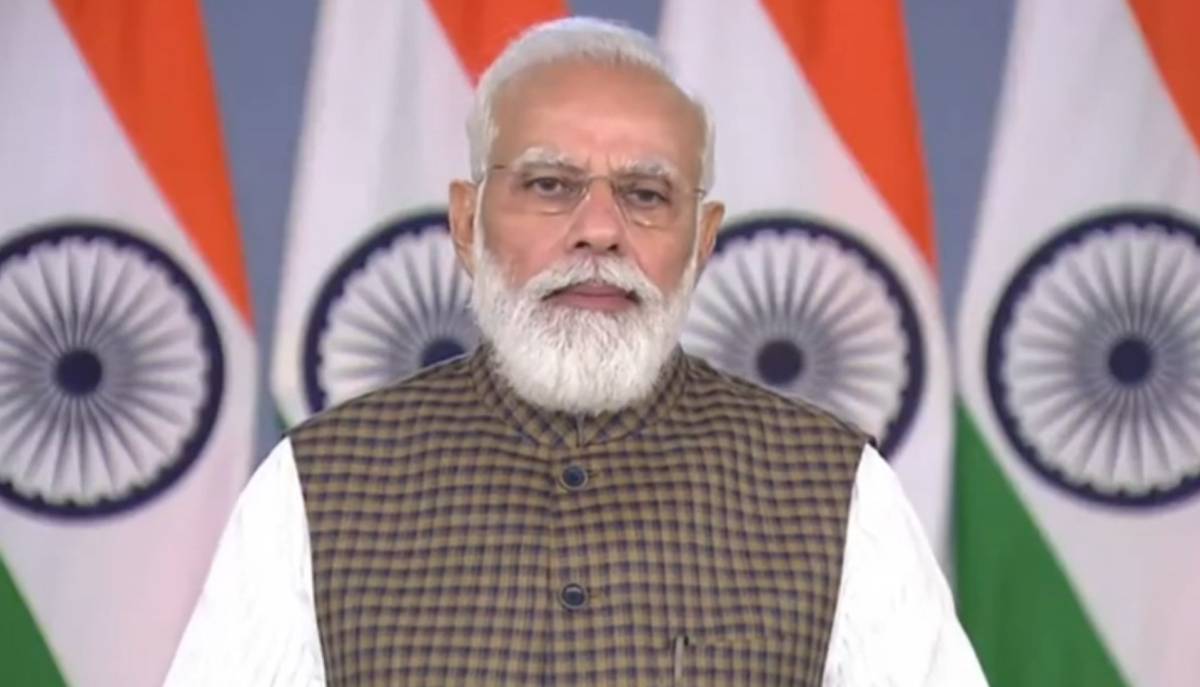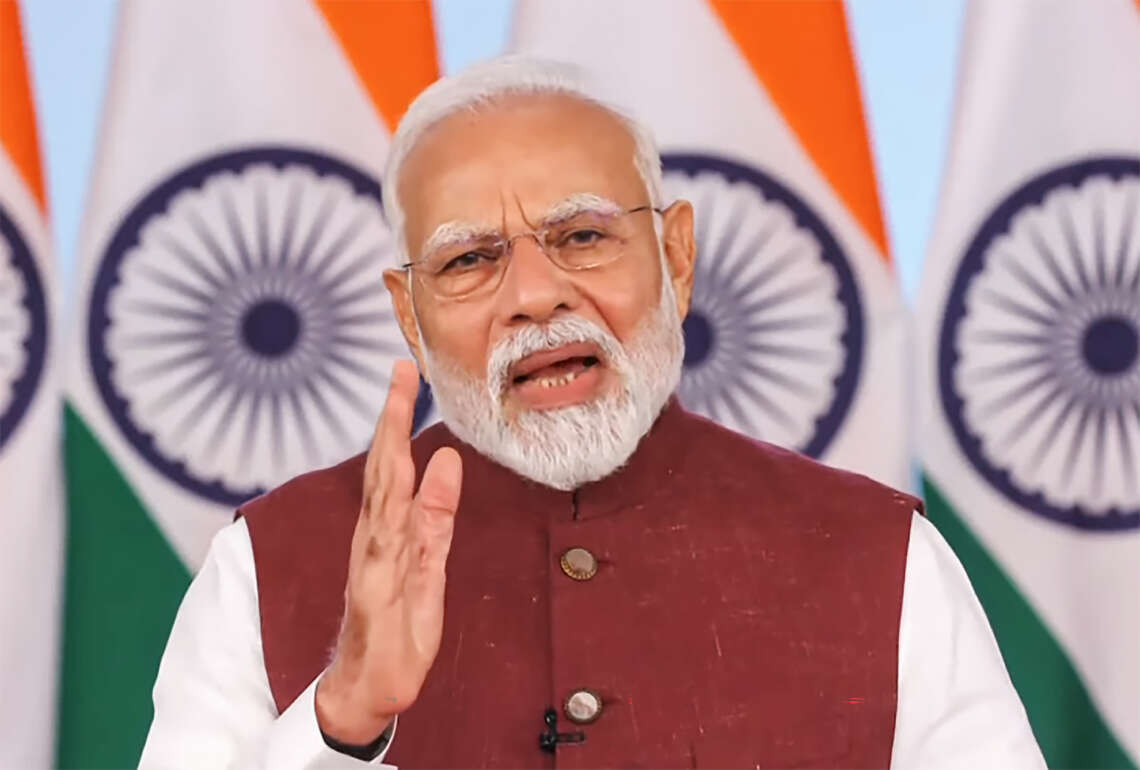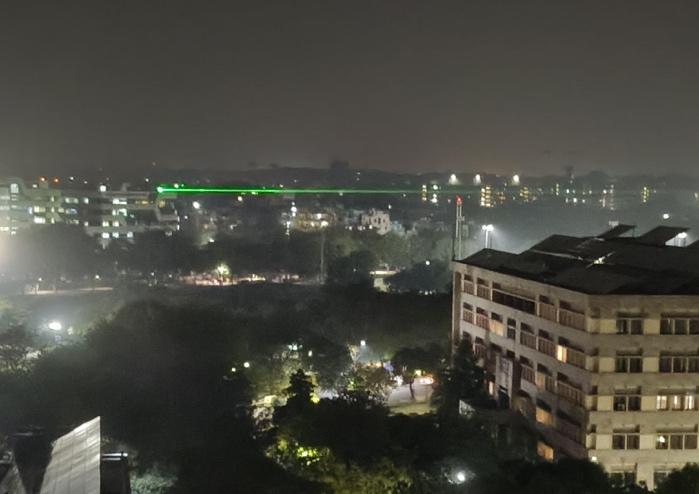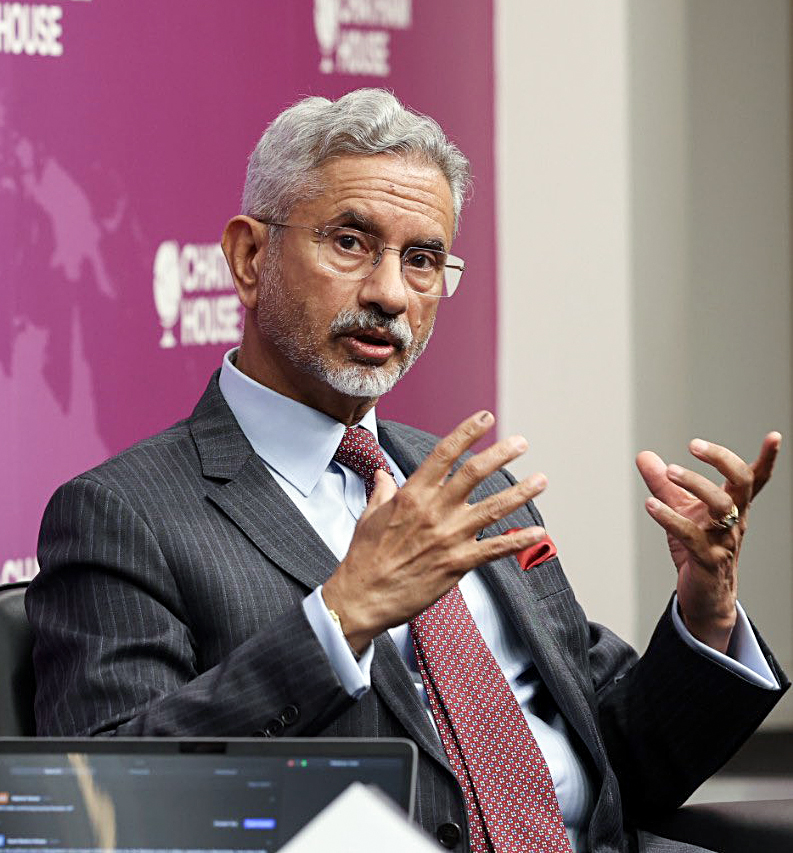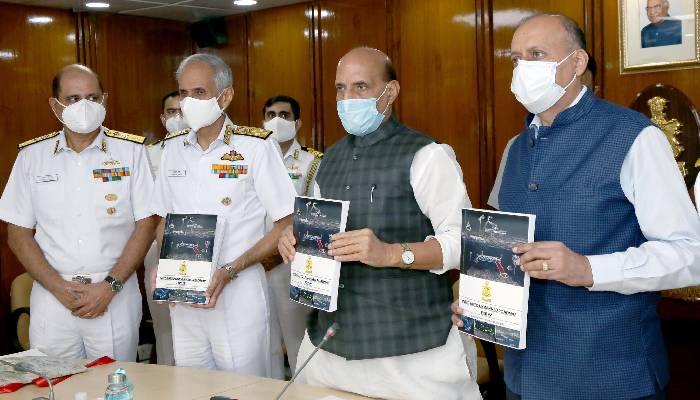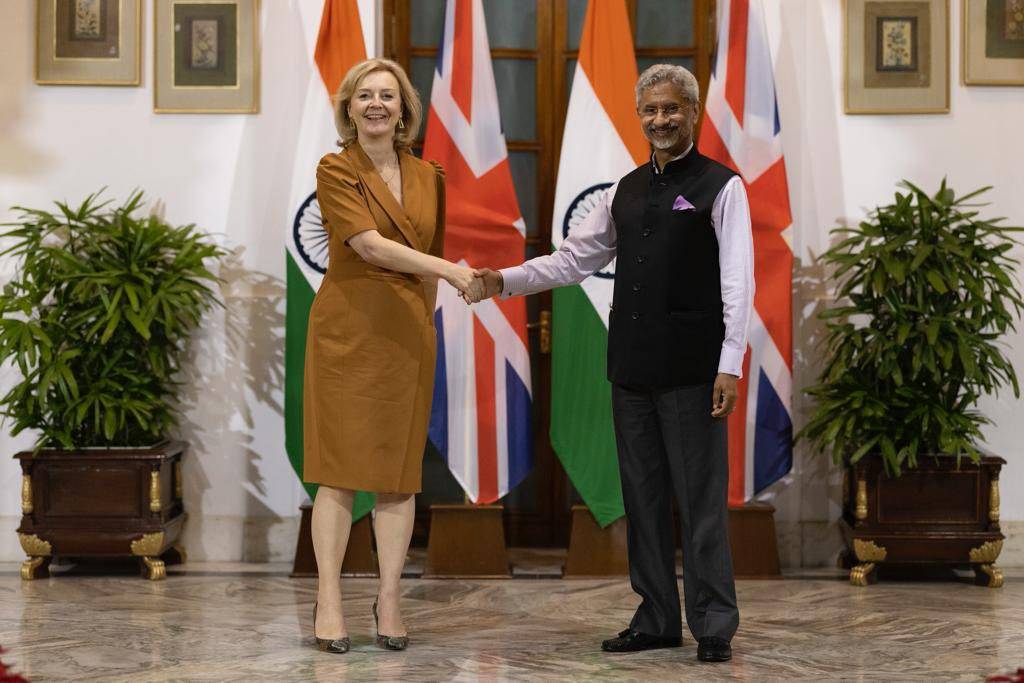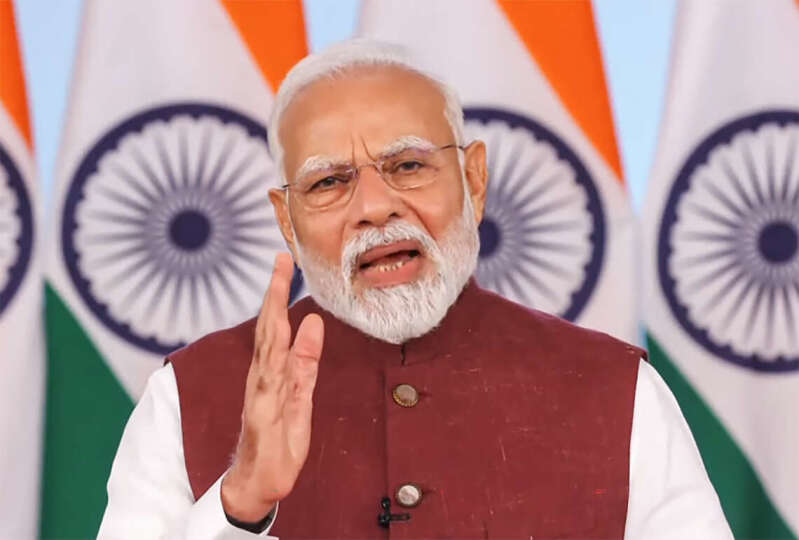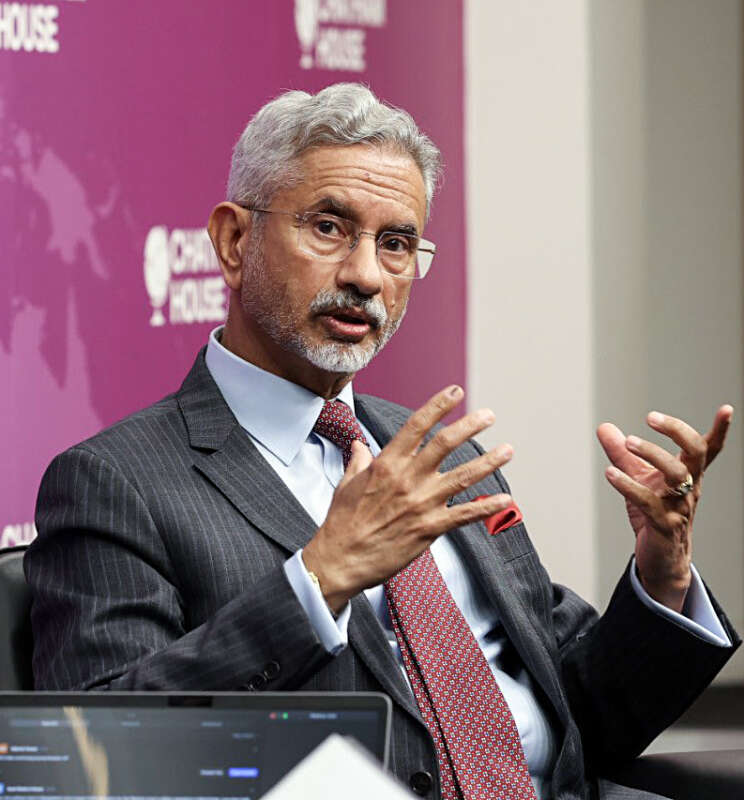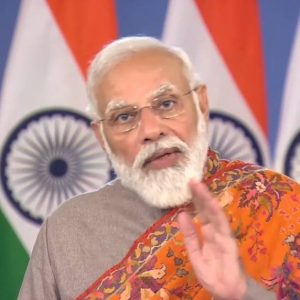Growing public pressure for action on climate change has spurred promises by countries and companies worldwide to contribute to the effort, which will be reviewed and amended at Glasgow, reports Asian Lite News
Prime Minister Narendra Modi will attend the UN climate summit in Glasgow, the environment minister said on Thursday, in a boost for efforts to agree steeper emissions cuts to tackle global warming.
India is the world’s third-biggest emitter of greenhouse gases after China and the United States, and Modi’s participation in the COP26 summit, which runs from Oct. 31 to Nov. 12, was seen as critical amid uncertainty over whether Chinese President Xi Jinping would attend.
“The prime minister is going to Glasgow,” Environment Minister Bhupender Yadav said in an interview to Reuters, adding that India was doing its bit to help tackle climate change.
Summit host Britain welcomed Modi’s decision to attend.
“India plays an important role in this and the prime minister has had a number of conversations with Modi on the importance of climate change, so we look forward to discussing it with them further,” Prime Minister Boris Johnson’s spokesman told reporters.
Growing public pressure for action on climate change has spurred promises by countries and companies worldwide to contribute to the effort, which will be reviewed and amended at Glasgow.
US climate envoy John Kerry has visited India twice in the past few months to urge the Modi government to raise its climate ambition and consider a net zero commitment as scores of other countries have done.
Net zero means balancing out greenhouse gas emissions with actions such as planting trees, restoring soil and using technology to prevent emissions reaching the atmosphere.
But energy-hungry India, which still relies heavily on fossil fuels, says it should not be expected to make deep carbon cuts like rich countries because it is a developing economy.
The Union cabinet, chaired by Modi, will decide the position to be taken at COP26, most probably within a week, an environment ministry spokesperson said.
Yadav said India was doing its part to cut emissions.
“India’s NDCs are quite ambitious,” he said. “We are doing more than our fair share. Our NDCs are more progressive than major polluters.” The country is on track to increase green energy capacity to 450 GW by 2030, he said. It has installed more than 100 GW of renewable energy, which accounts for more than 25% of overall capacity.
India has not yet committed to achieving net zero carbon emissions by 2050, considered a vital goal in limiting global warming to 1.5 degrees Celsius.
Last month, India’s chief economic adviser K.V. Subramanian said rich nations should commit much more than $100 billion to help poor countries fight climate change, due to their high historical share of emissions.
“Even today, India’s per capita greenhouse emission is one-third of the world average,” Yadav said.
About 120 countries have submitted revised NDCs, but there is a lack of consistency with no common timeframe for meeting pledges.
British Foreign Secretary Liz Truss will meet with Environment Minister Bhupendra Yadav to finalise details of Modi’s programme. Truss will announce a $70 million investment to fund green tech infrastructure projects and an investment of approximately $6,90,000 in research to “promote Net Zero targets in key Indian industries, including glass, cement and metals” during her visit, the British High Commission announced on October 21.
Modi’s decision to attend the summit in Glasgow, where he will fly directly from the G20 summit in Rome (October 30-31) is seen as a positive sign that India will announce an updated plan at the conference, diplomats said. India was expected to update its Nationally Determined Commitments (NDCs) to reflect its ambition to install 450 GW of renewable energy by 2030, but the deadline for submitting updated NDCs to the United Nations, ahead of the Glasgow summit, was passed on October 12 without the announcement.
India’s stand
India has maintained that it is the only G20 country to keeping its climate goals on track to achieving the Paris Agreement of keeping global temperature from rising beyond 2°C. Though it hasn’t committed to a ‘net zero’ target, unlike major emitters, the United States and China, India says that developed countries are far from making good on their commitments to deliver adequate finance, technology and themselves cut emissions enough to reflect their historical contribution to the climate crisis.
Yadav said all such important pending issues “should be resolved mutually taking into account national priorities and circumstances.”
Independent analysts say that the West’s insistence on net zero targets could mean differences will emerge at the meeting in Glasgow. “For the developed world, significant outcomes would be net-zero pledges and enhanced NDC ambition, hard targets on coal phase-out by countries that have not done so yet, and some progress on methane reduction plans. For the developing world, it would be delivery on climate finance for both mitigation and adaptation, legacy carbon credits, technology transfers, and introducing equity in the net-zero debate. If the developed world continues hammering on the net-zero, coal or methane reduction issues while dragging feet on climate finance, legacy carbon credits, and tech transfer issues, we could end up seeing Copenhagen 2.0,” said Vaibhav Chaturvedi, Fellow, Council on Energy, Environment and Water (CEEW).
ALSO READ-Modi speaks to Vijayan on flood situation
READ MORE-Selective view of human rights violation dangerous, warns Modi


